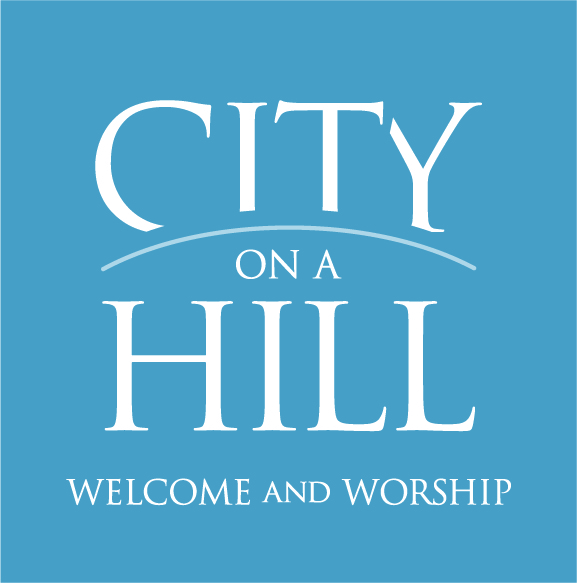Jesus’ words to his followers in Matthew 5, “You are the light of the world, a city set upon a hill cannot be hidden,” were brought to fulfillment in the church. Luke’s description of the first church ends with these stirring words: “And the Lord added to their number daily those who were being saved” (vs. 47). What a remarkable response of Divine favor! It is also a testimony of the powerful witness of a church committed to being a city on a hill.
And while that first church enjoyed the “favor of all the people,” that favor would eventually turn to hostility. The church’s being a city on a hill does not depend upon her perceived relevance by the world at any given moment. Irrelevance is not the church’s greatest enemy. If it were, then pragmatism would be supreme. The church would be constantly pivoting to remain relevant in the eyes of the world. But what Luke describes for us is the way the church remains truly relevant. And that is not by seeking relevance but by pursuing faithfulness.
In his description of the very first church formed at Pentecost under the apostles’ preaching, Luke means to give us an exemplary description. That is, the commitments and practices of the first church are meant to form our own commitments and practices. And what is at stake is nothing less than the souls of our neighbors. Luke makes a direct connection between the faithfulness of the first church and the fruitfulness of their witness: “And the Lord added to their number day by day, those who were being saved.”
More From This Series

City on a Hill
- Part 4: Stewards of the Mission 11/03/24
- Part 3: The Mission 10/27/24
- Part 2 – The Beauty of Holiness 10/20/24
- Part 1 – The Dearest Place 10/13/24